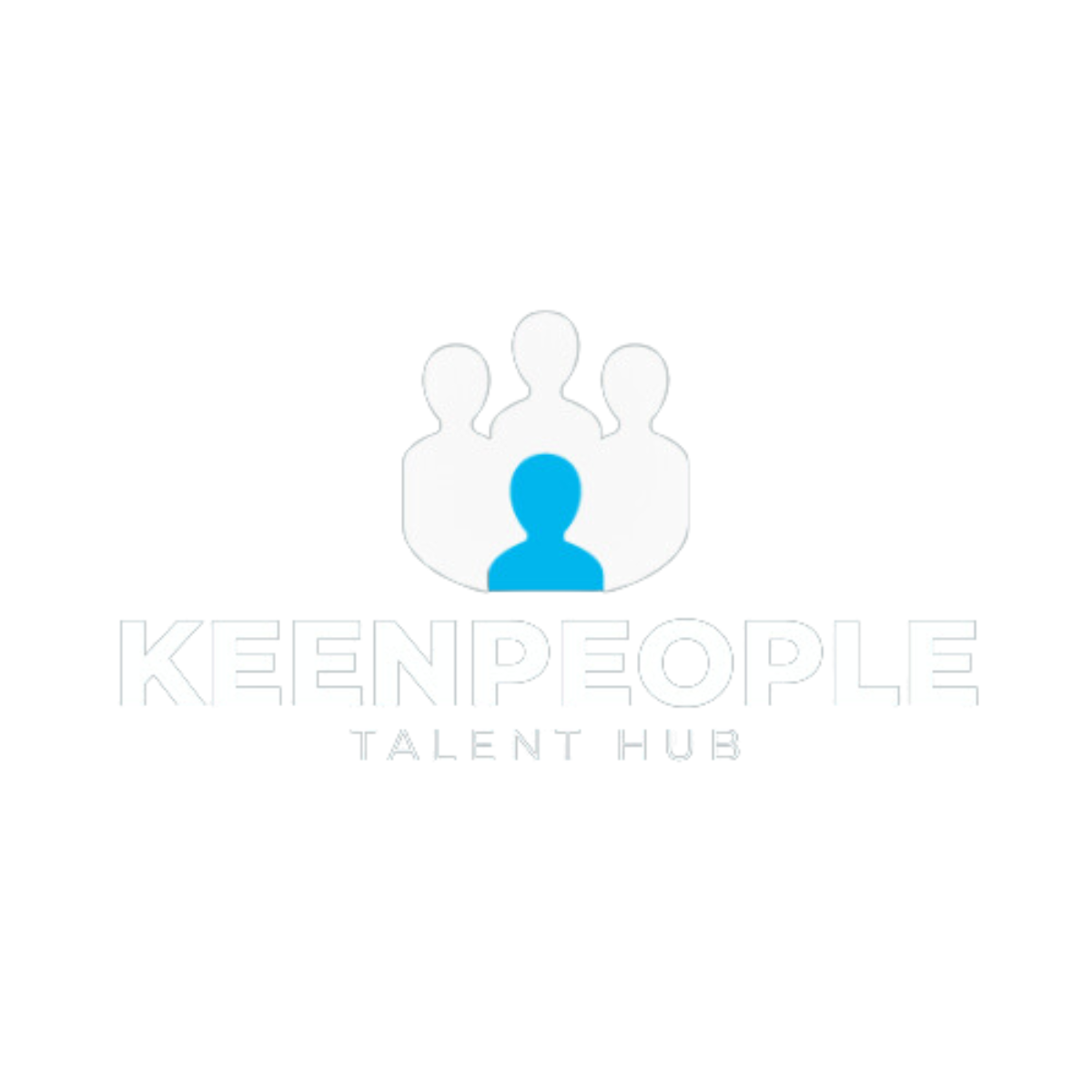The world of work is changing faster than ever. Automation, AI, and new technologies are transforming roles across industries. Some jobs will vanish completely, while new opportunities will appear in places you might not expect. Understanding these trends can help you plan your career and stay ahead of the curve.
Roles at Risk
Routine, repetitive roles are the most vulnerable. Data entry, telemarketing, and basic administrative tasks are already being automated. In retail, self-checkout and automated stock management are replacing traditional roles. Even certain technical tasks in finance and IT, such as report generation or simple code testing, are increasingly handled by software.
The Surprising Shifts
Some roles you might not expect to change are also being affected. Project management, sales, and even recruitment are starting to incorporate AI tools to streamline parts of the job. While these roles are not disappearing overnight, the skills required are shifting. Critical thinking, creativity, emotional intelligence, and adaptability are becoming essential for long-term success.
Emerging Opportunities
Where some roles disappear, new ones are emerging. Cybersecurity experts, AI trainers, data ethics consultants, and climate technology specialists are already in high demand. Even within traditional industries, hybrid roles are appearing that combine technical skills with human insight, such as digital marketing analysts or healthcare technology coordinators.
Recruitment Insights
From our perspective as recruiters working closely with companies across tech, cybersecurity, and other sectors, we see these changes first-hand. Organisations are no longer just hiring for existing roles, they are creating positions to match new needs.
Candidates who proactively upskill, gain diverse experience, and keep a close eye on market trends are the ones that stand out. Being adaptable and combining expertise with curiosity is what companies are looking for. In many cases, staying informed and prepared can be the difference between a role that disappears and one that launches your career forward.
Planning for the Future
To stay relevant by 2030:
• Upskill Continuously: Learn new technologies, soft skills, and cross-functional abilities.
• Adapt to Change: Embrace new roles or hybrid functions as industries evolve.
• Focus on Human Strengths: Creativity, empathy, and problem-solving remain irreplaceable.
• Explore Emerging Industries: Cybersecurity, green tech, AI, and health tech are expanding rapidly.
The future of work may feel uncertain, but with preparation and insight, it is also full of opportunity. Understanding which roles are evolving and which new ones are emerging allows professionals to position themselves for success in the next decade.

